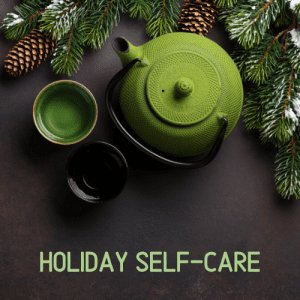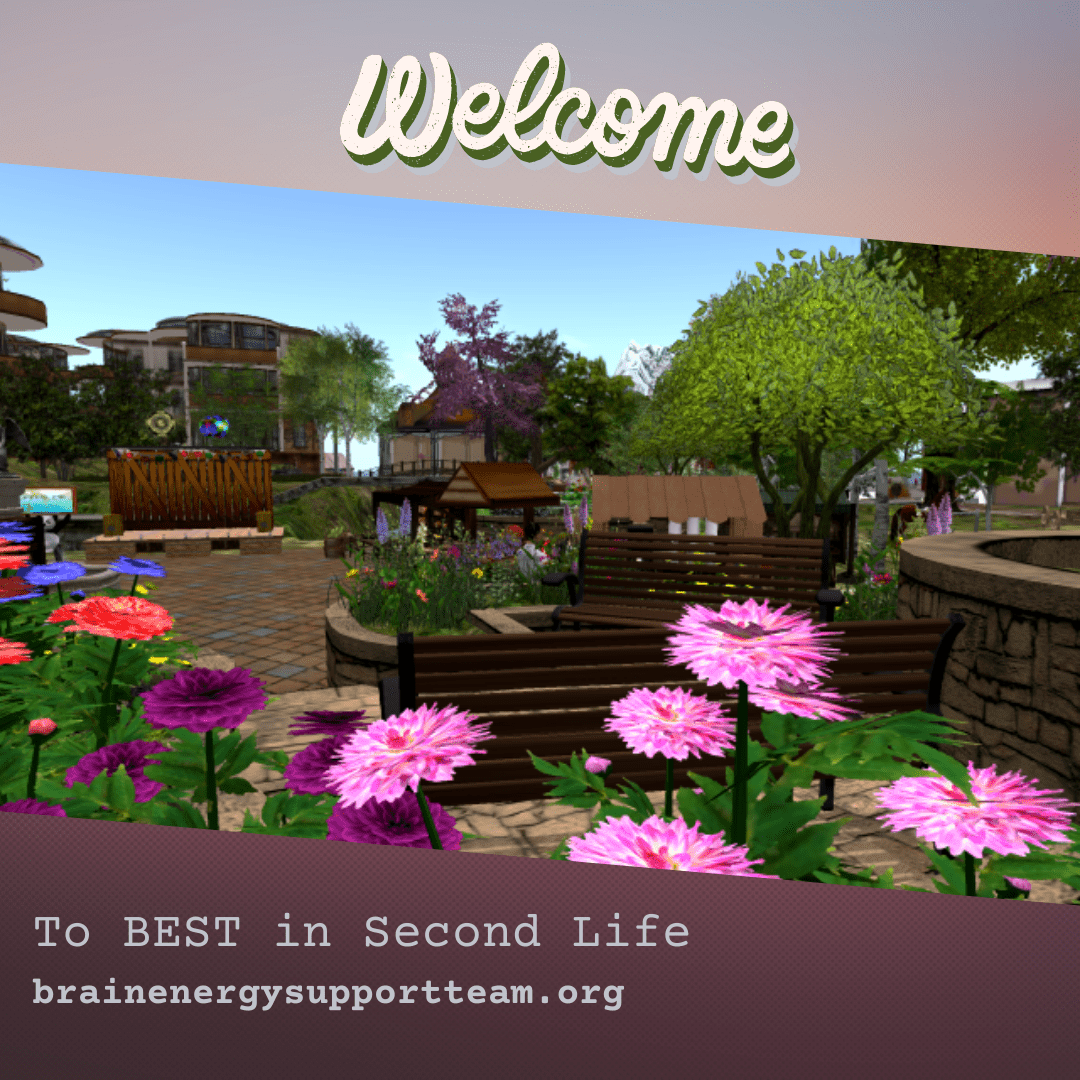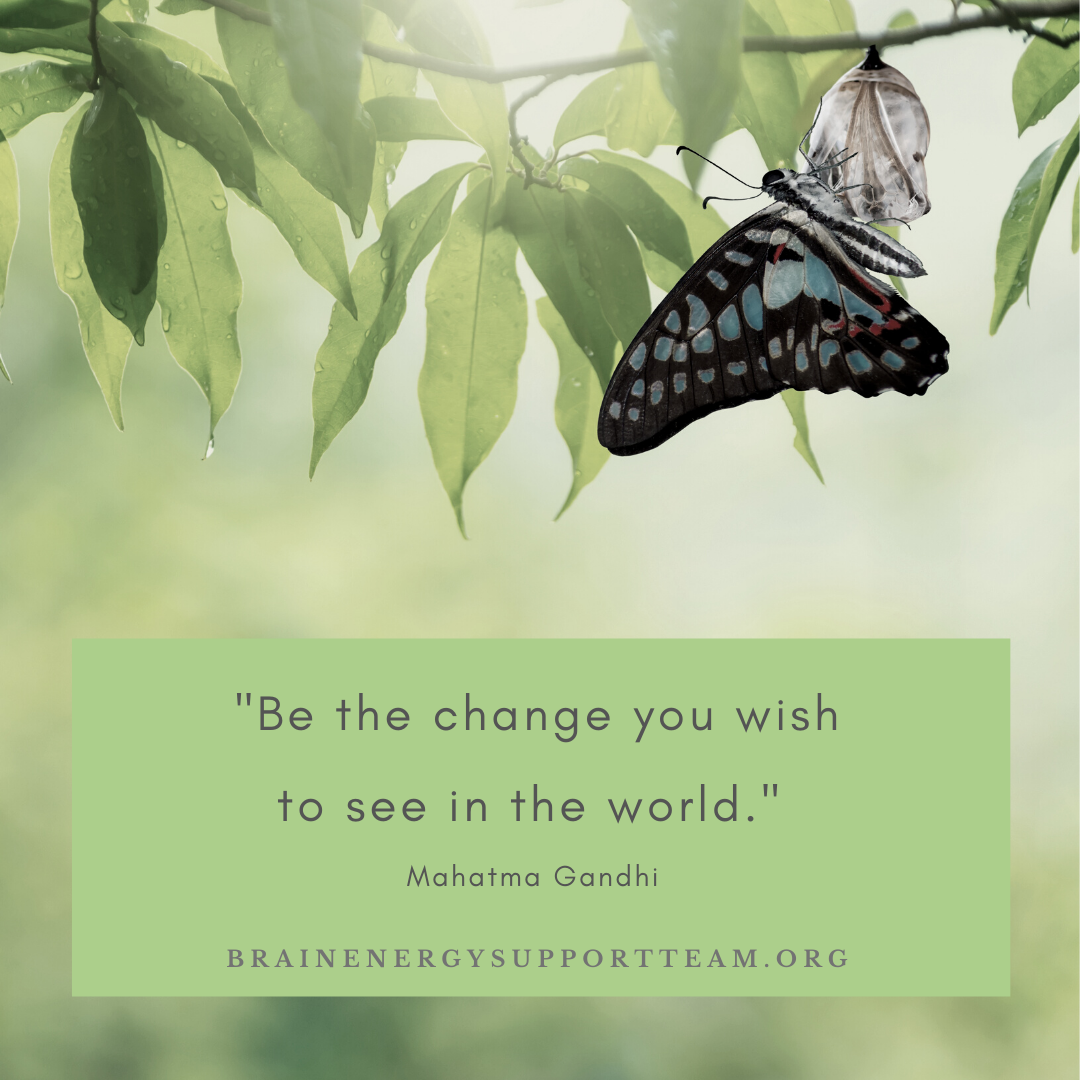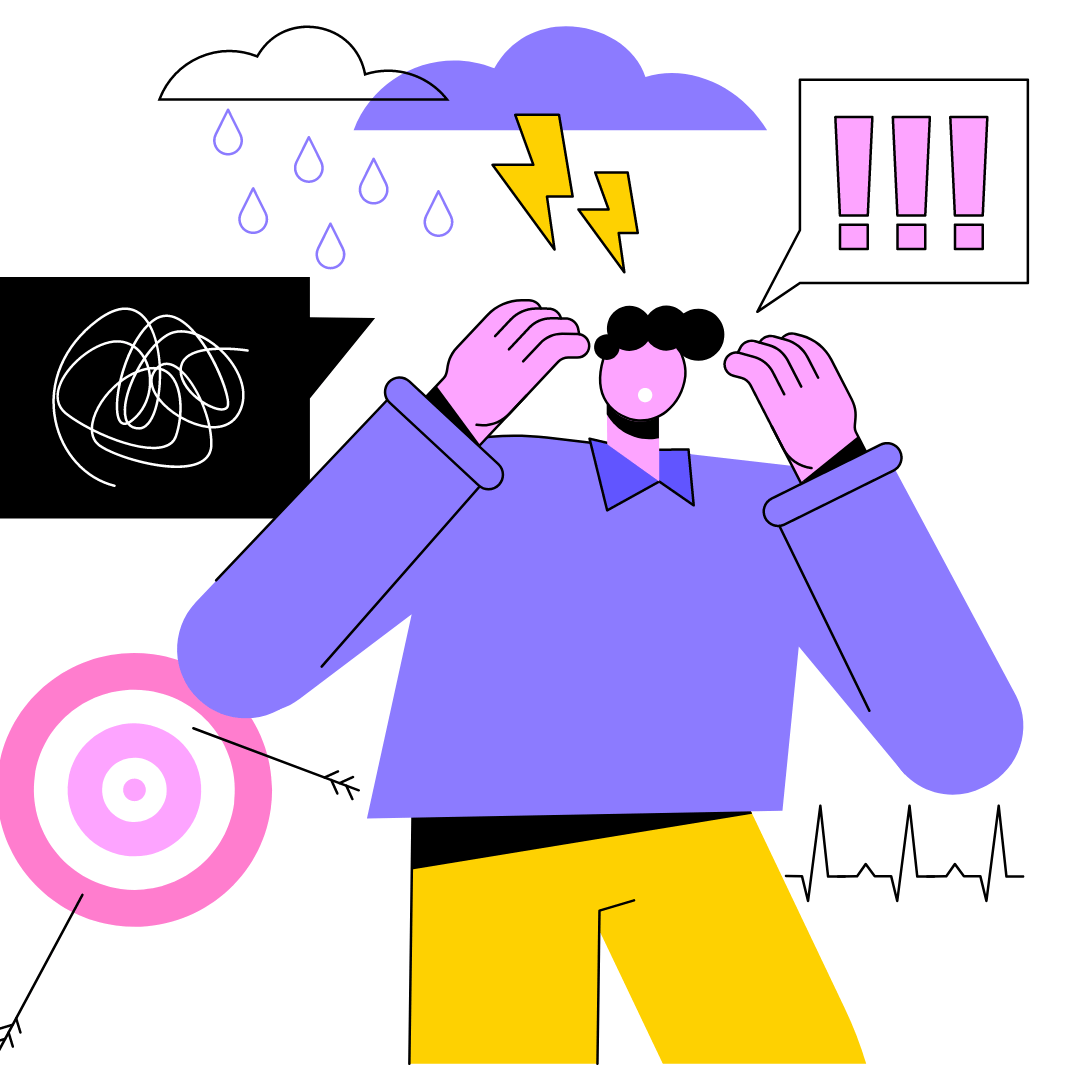
It’s that time of year when those of us with a brain injury are challenged, more than any other time of year, to figure out gift-giving, deal with increased lights and sound, navigate social events, work on our social skills, and so much more.
It’s exhausting, and yet we want to enjoy the spirit of the season with friends and family.
How do we balance all of this with our own needs?
The first thing I would recommend is to find a way to advocate for ourselves by asking for help, saying no to some things so we can enjoy other things, and to keep things simple.
This may be easier said than done so, here are some tips to make life a little easier this holiday season.
Ask for help: Everyone needs help no matter what time of year it is. We might need help with shopping, even on the internet. Perhaps we want to bring a simple dish to a family holiday dinner and can ask someone to help us prepare it. Whatever it is, identify who in our circle of support would be the best person to ask for help. Not only that, if someone offers to help, let them.
Saying no: Saying no is a healthy way to save energy this time of year. Actually, learning to politely say no is a good practice any time of year. We don’t have to accept every invitation, allow every visitor, engage with everyone at an event. If the lights are too bright, ask to turn them down. If the music is too loud, ask to turn it down. Remember that we engage with others best when the stimulus is low.
Keep things simple: All the decorations, rearranging furniture for that large tree, and everything else a lot of us think are necessary for the holidays really isn’t. A smaller tree, simple decorations, and less lights all help to reduce stimulus, thereby reducing overload and creating a quieter holiday we can fully enjoy.
Eat well: That doesn’t mean eat a lot, or to eat everything offered to us. Eat smaller portions of healthy food. We know that our food choices affect our brains and cognitive abilities. Too much caffeine and sugar are unhealthy. Nuts, fruits, and vegetables provide the nutrients our brains need to function at its best.
Sleep well: Often after a brain injury we find it hard to sleep regular hours. This can be especially true during the holidays when we may have more to do or be a part of. It’s important to keep a regular sleep schedule (and personal quiet time) to help us get the most out of our holiday activities.
Plan: Finally, and this always helps me get through the holidays; have an idea of the things you want to do in advance of doing anything. Plan which events are most important to you and that you would enjoy the most. Attend those and say no to the rest of the invitations. Have what you want to wear to these events already picked out and put together in the closet. This way you don’t have to worry about what’s clean or ironed, or which sweater goes with what pants.
These aren’t the only ways to reduce stress and navigate the holidays. If you have tips that work for you, please share them with us and have a safe, peaceful, enjoyable holiday season.







